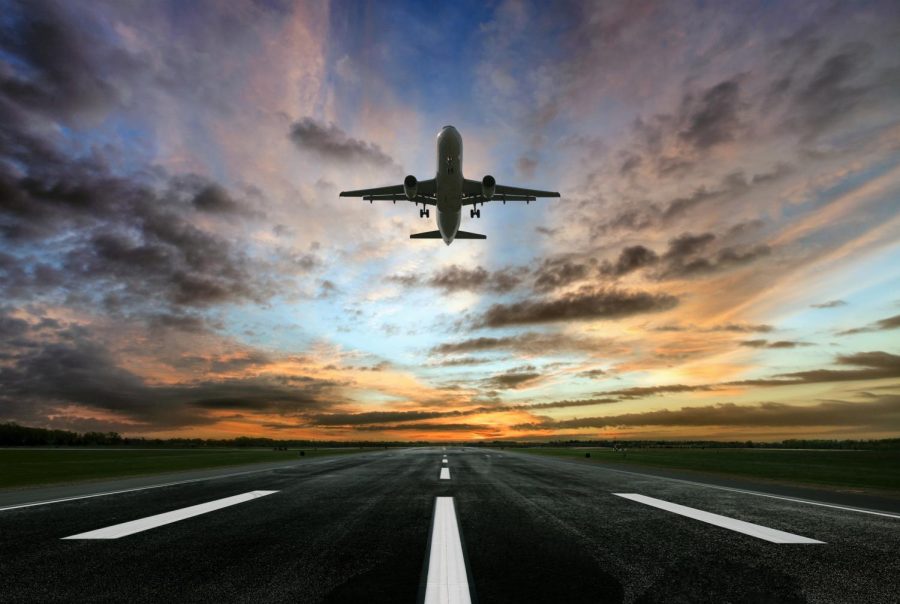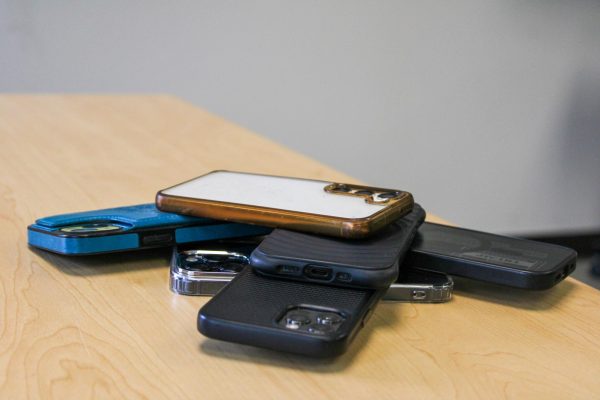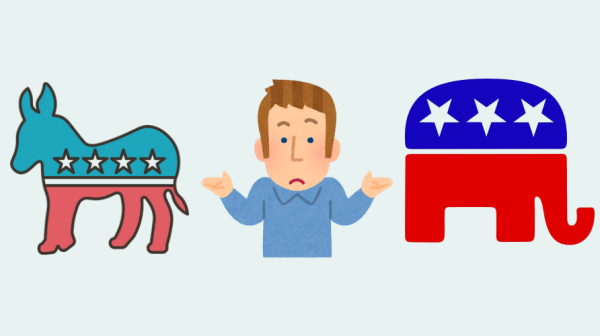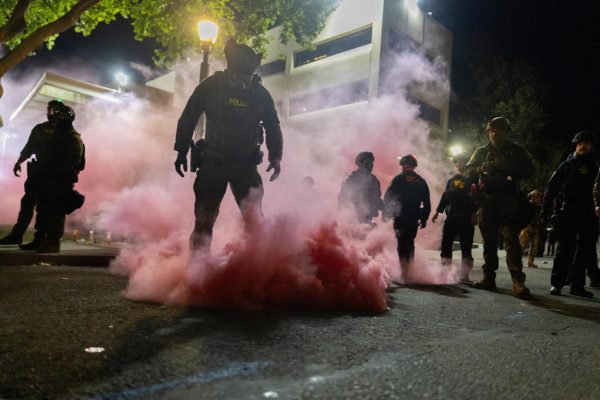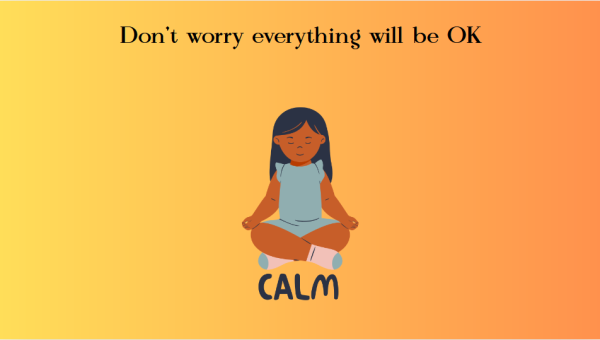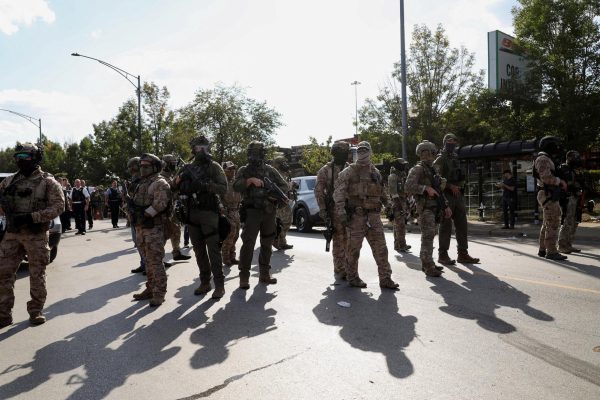COVID-19 has changed outlook on travel
Getty Images
Since COVID-19 started in March 2020, air travel has decreased and has struggled to adjust to the new normal.
While much has returned to normal since the arrival of COVID-19, one aspect of American life has remained tricky: travel. But maybe that’s not too bad.
The significant decline in air travel in 2020 is no secret. However, even three years past the pandemic’s initial start, airlines are suffering.
At Southwest Airlines, the lack of available staff has remained a devastating obstacle. Due to the effects of the “tripledemic” (a term recently developed to describe the unfortunately simultaneous presence of the flu, respiratory syncytial virus and COVID-19) and the onslaught of an aggressive winter storm, Southwest was unable to adapt to sudden staff shortages over the recent holidays. The airline was forced to cancel 16,700 flights within the last 10 days of 2022, an incredibly significant financial blow.
Additionally, from a flight passenger’s point of view, it’s hard to find a night worse than one stuck in an airport, riddled with the unpleasant combination of coffee breath and no toothbrush.
More seriously, for those who rely on airlines for work, school, or to visit family, hindered travel could affect time scheduled for loved ones or the ability for some to return home.
During the summer of 2021, Ian Phillips, a junior business administration major with a focus in hospitality and tourism management, endured a horrible experience when traveling with American Airlines.
“I got stuck in Dallas International Airport for 14 hours…my flight got moved back four times and then it got canceled…I slept on a table and then I slept on the floor,” Phillips recounted.
However, Phillips doesn’t blame COVID-19 entirely for his misfortunes. Sometimes aggravating situations simply arise.
“Infrastructure wasn’t back up to what it was pre-COVID, of getting flights to their destination,” Phillips said. “So yes, I would say COVID was a factor but it was, like, a weather thing as well.”
Just as there are two sides to each coin, there may be benefits to the recent travel inconvenience as well.
According to a 2022 study on changes in ultrafine particle concentration (indicative of air pollution), because flight activity has remained lower than normal since before the pandemic, air pollution has been directly affected – decreasing alongside the airlines.
COVID-19 has also introduced some helpful air-travel tips. For instance, it may not be all that bad an idea to wear a mask when sitting in close quarters among strangers for hours at a time along with poor ventilation.
Of course, following three years of increased depression and feelings of loneliness among us humans, it seems there could never be a better time for quick and easy travel. To many families, the link accessible travel provides is crucial.
Thus, most importantly, COVID-19 has forced us to think about travel and all those smaller aspects of our lives which it has hindered, how they impact ourselves and those around us.
When it is necessary to our souls we must travel: whether to satisfy wanderlust, forge a future or connect with the people we were meant to be near. Surely, therefore, the joy of the destination means far more than any difficulties encountered along the way.
With time, the travel struggles COVID-19 has brought will adjust back to normal. Until then, here’s to continuing our voyages with open minds and patient spirits.



